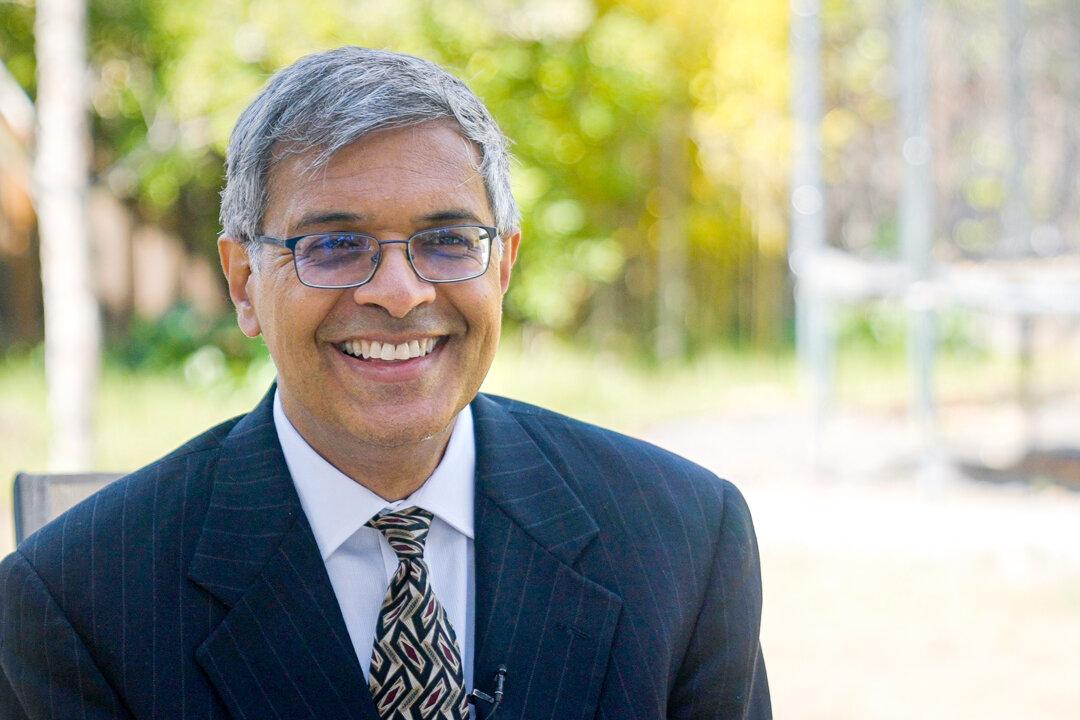The U.S. Supreme Court ruling on Thursday allowing the Biden administration to continue mandating COVID-19 vaccines for most health care workers is “really unfortunate” and a “big mistake” from a health policy perspective, said Dr. Jay Bhattacharya a professor at the Stanford University School of Medicine.
Bhattacharya, a senior scholar of Brownstone Institute, told The Epoch Times the ruling presents a situation that is “FUBAR,” a military slang term that stands for “[expletive] up beyond all repair.”





